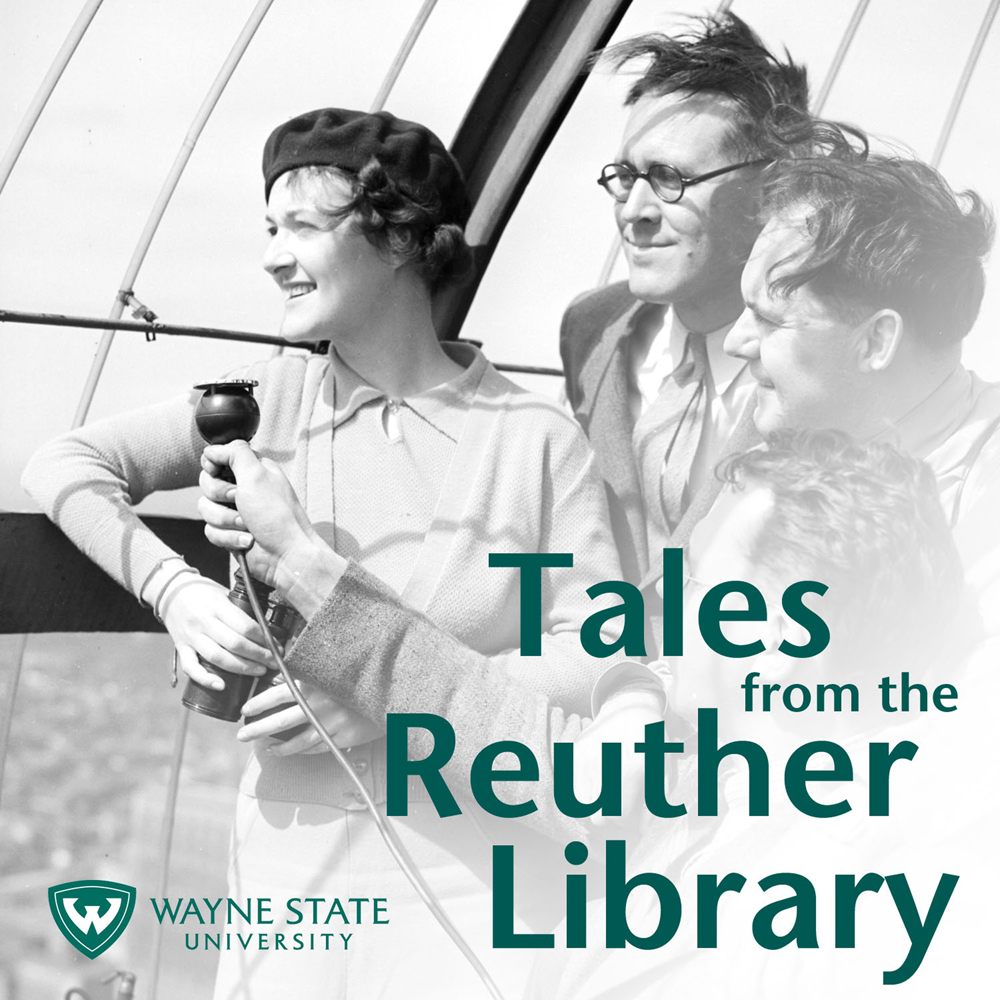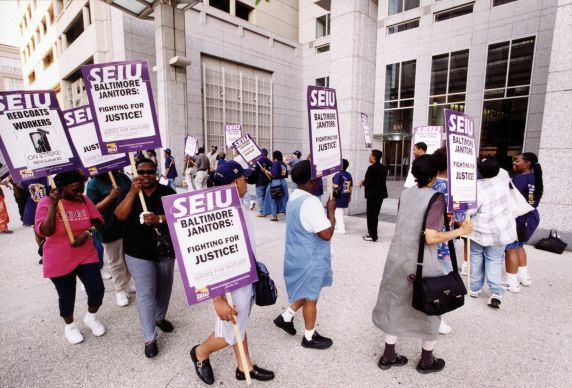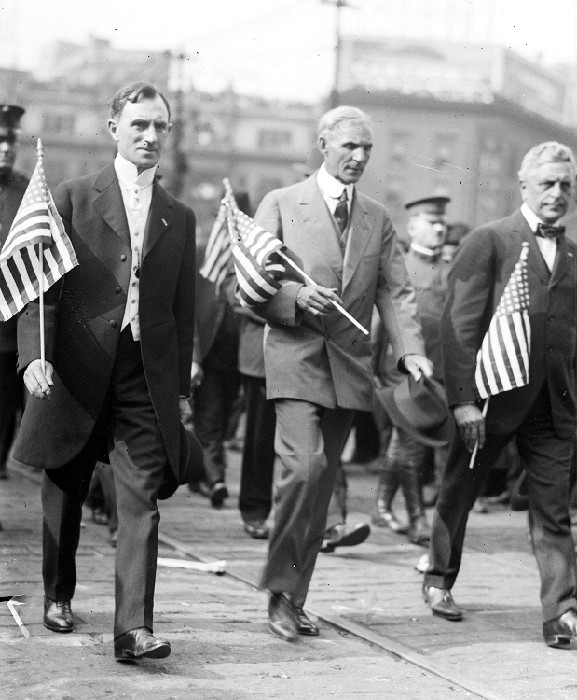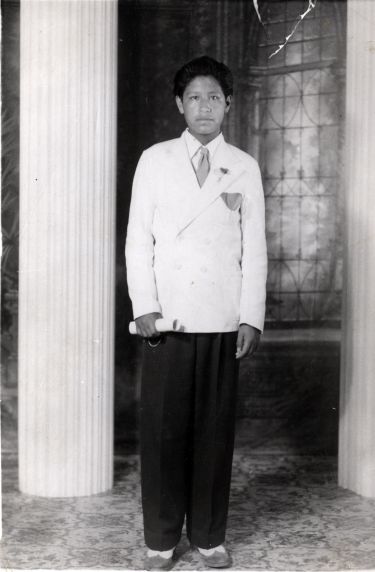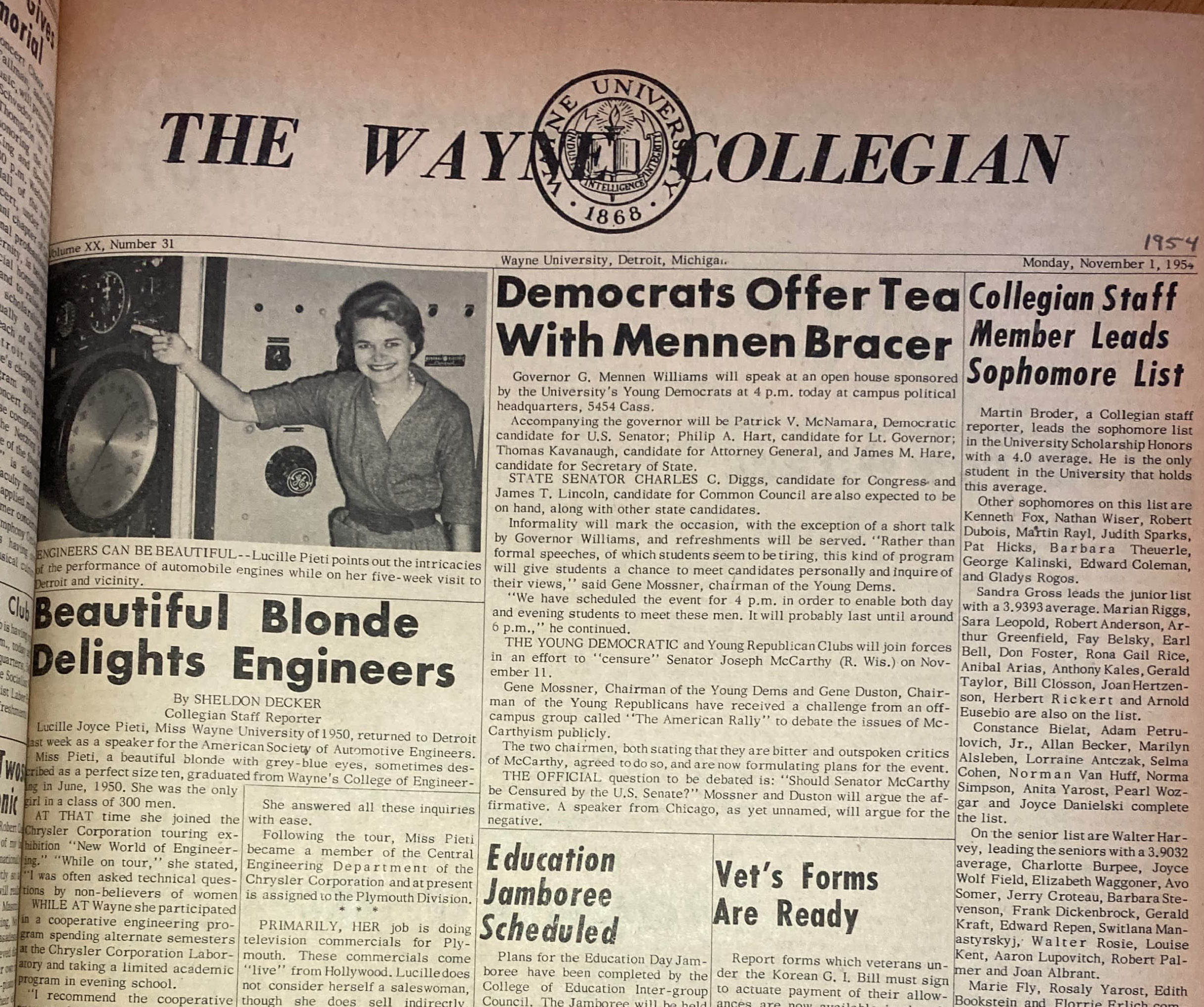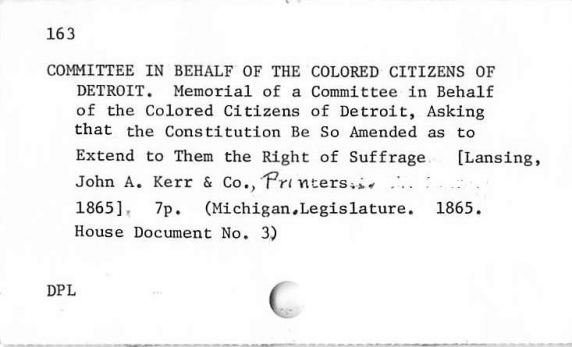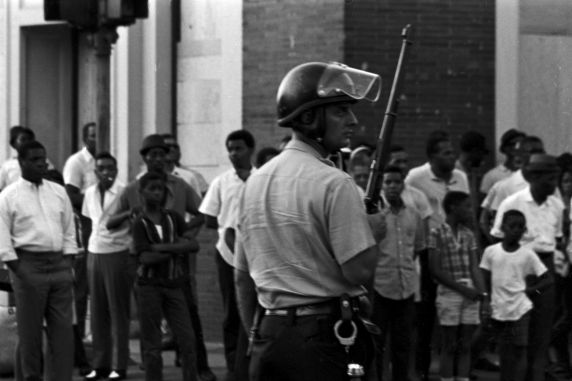Dr. Ashley Johnson Bavery explains how undocumented European immigrants coming over the Canadian border to work in the Detroit auto industry in the 1920s and 1930s spurred nativist discourse, influenced government policies toward illegal immigration, and shaped how business and labor unions used and positioned migrant labor. Dr. Bavery is Assistant Professor of History at Eastern Michigan University and author of Bootlegged Aliens: Immigration Politics on America’s Northern Border.
Related Collections:
AFL-CIO Metropolitan Detroit Records
Joe Brown Papers
Civil Rights Congress of Michigan Records
Richard Frankensteen Papers
International Institute of Metropolitan Detroit Records
Henry Kraus Papers
James Lindahl Papers
Maurice Sugar Papers
United Community Services Central Files
Related Resources:
Bavery, A.J. (2020). Bootlegged Aliens: Immigration Politics on America’s Northern Border. University of Pennsylvania Press.
Episode Credits
Producers: Dan Golodner and Troy Eller English
Interviewer: Dan Golodner
Interviewee: Ashley Johnson Bavery
Music: Bart Bealmear
Podcast: Play in new window | Download | Embed
Subscribe: Apple Podcasts | RSS | More
